A Kiwi expert is concerned about high-caffeine products being sold
High-caffeine products are easily bought online and an expert warns Kiwis need to be aware of the dangers. Mava Moayyed Fair Go reports.
It is the silent hero that carries you in the morning and picks you up in the afternoon. Around 73% of New Zealanders use caffeine every day, and for most people, drinking coffee and tea poses little risk.

But University of Auckland nutritionist Professor Jennifer Miles-Chan has raised concerns about how easy it is to buy high-caffeine products online which can easily be overdosed.
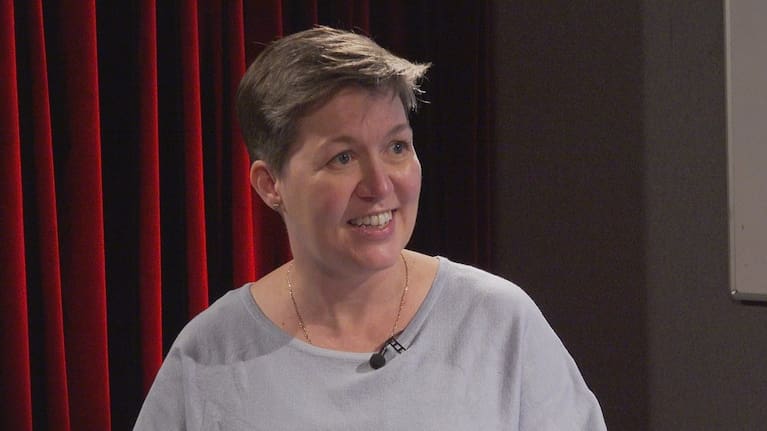
In New Zealand, there are different standards regarding the amount of caffeine allowed in food and drinks.
In energy drinks, no more than 32mg of caffeine per 100ml is allowed while caffeinated food products are banned from retail in Australia and New Zealand.
Foods must contain less than 5% caffeine in solids or solids (such as powder).
For external use only
A quick Google search reveals that you can buy 99% pure caffeine powder from a company based in Christchurch. The flour can be bought in different amounts, including 5kgs for $700.
Although the website says the powder is “for external use only”, some wording on the website may suggest that some people are buying the powder for consumption, they warn that the product is “very toxic” even in a small amount in one teaspoon which has “the same amount of caffeine as 28 cups of coffee”.
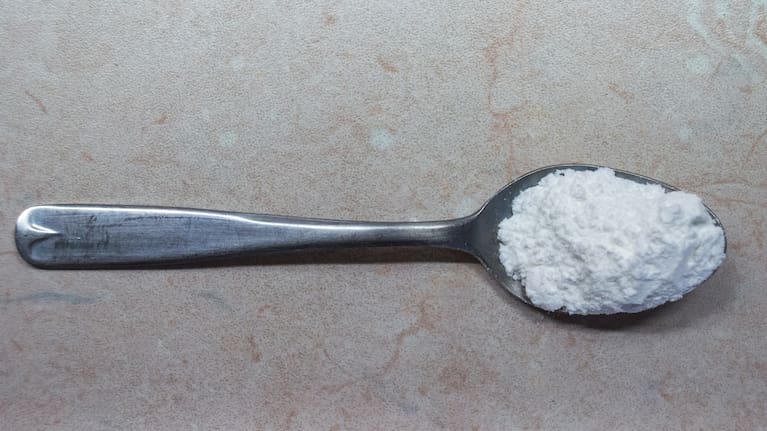
Miles-Chan said he was “surprised to see it online” regardless of what it was advertised for.
“The danger of the powder is that it can be very easy to accidentally overdose, especially since the dangerous dose is small compared to the size of the pack. Depending on the caffeine in the drink, it can take drinks fifty more to reach a lethal dose of caffeine, but if the powder is drunk then the dose can be reached by drinking one to two teaspoons,” he says.
In response to a request for comment, retailer thesourcery.co.nz said, “Our product is legally sold for topical use only. Our website makes it clear that our product should not be ingested and that it would be very dangerous to do so.”
Caffeine at the gym
Many caffeine-rich powders are marketed for use as “pre-workout supplements”.
Zombie Labs extreme pre-workout stimulant powder contains 400mg of caffeine in two cups – the caffeine-equivalent of four shots of espresso.
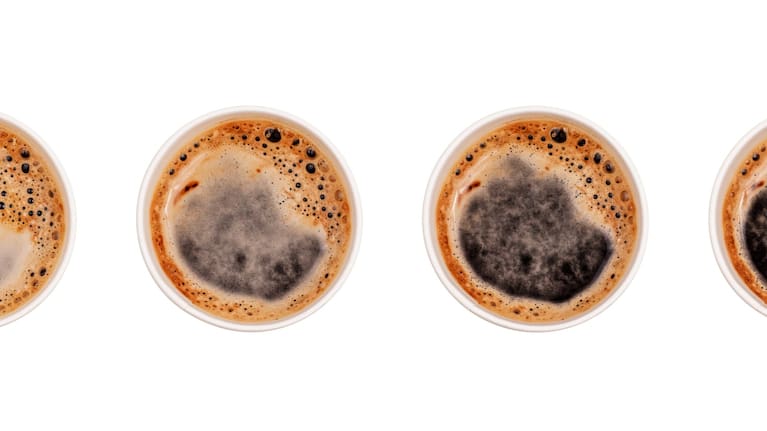
The powder is sold at supplements.co.nz and is marketed as “an incredible sensory experience that delivers feelings of euphoria and energy levels”. It warns consumers that it is “for serious power hunters only”.
In general, the amount of caffeine is within the Dietary Guidelines, but a single use can result in twice the recommended limit of caffeine for adults. It also beats the general limit of daily caffeine intake from all sources.
Forty scoops of the product retail for $68.90 and come in flavors like Crazy Cotton Candy, Racing Rainbow Lolly, and Lethal Lime Fizz.
The seller did not respond to a request for comment.
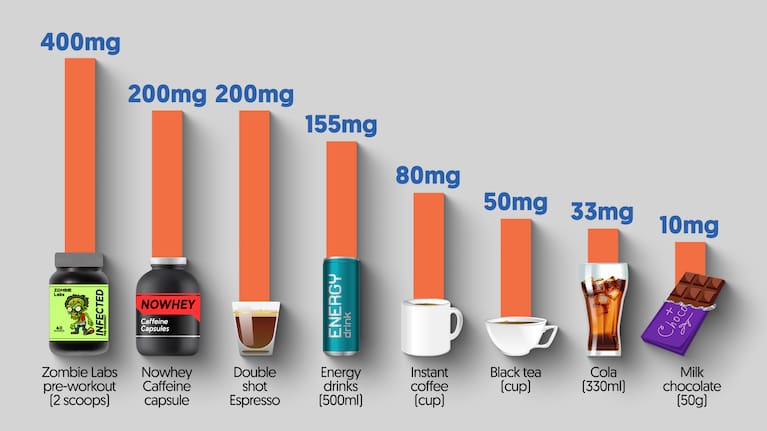
Double shot espresso with a pill
Another product available is caffeine capsules such as NoWhey Caffeine which come in packs of 400 for $29.95.
They are described as “a carefully measured dose of caffeine… to help you stay alert, focused, and energized throughout the day.”
Each capsule contains 200mg of caffeine, the maximum amount recommended for single use.
CEO of Xplosiv Supplements, John Birrell says the product is legally allowed to be marketed and sold in New Zealand. “The products clearly indicate the amount of caffeine in them and the customer has a choice if he buys the same product in the store or gets a double espresso.”
“There is nothing that prevents consumers from finding strong caffeine products overseas and importing them for their own use. In our model, we have special employees who have given us advice, asking for age information when we buy caffeinated products, and explain the effects that caffeine will have and the tolerance levels that suit everyone.”
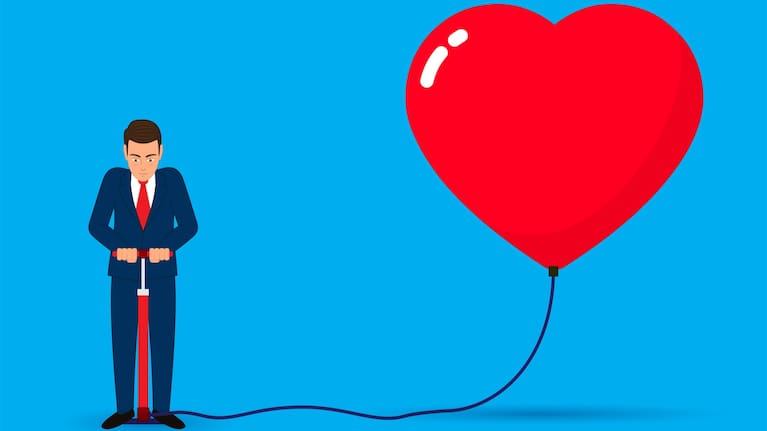
Increased blood pressure and heart rate
Miles-Chan says caffeine is a central nervous system stimulant and gets into your bloodstream in about 30 to 45 minutes. It has a long half-life, meaning it stays in the bloodstream for a long time. your for about five hours
“That’ll get the adrenaline released. It’ll make your blood vessels all tighten up. It’ll get your blood pressure up, your heart rate up. It’ll give you a little weakness. “Too much caffeine can cause insomnia, jitters, restlessness, and heartburn. Large amounts can cause headaches, anxiety, and chest pains.
A 21-year-old Australian man died after putting too much caffeine powder into his protein shake and, in the United States, at least two people have died from products containing k too much caffeine.
Fair Go’s comparison found most 500ml energy drinks in New Zealand contain between 150 and 160mg of caffeine. No Doz caffeine tablets, available in supermarkets, service stations and chemists, contain 100mg per dose.
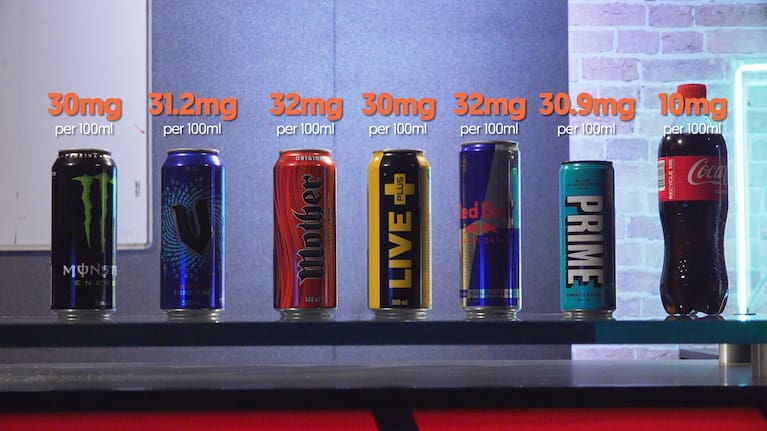
Know what you eat
Miles-Chan said that because caffeinated foods and drinks are often marketed as something “enjoyable”, it can be difficult for people to see any harm associated with them.
“I think there needs to be more education about the dangers of consuming large amounts of caffeine, and how to recognize the signs and symptoms, and what to do if you accidentally do,” he said. drink a lot.”
“I also feel that the supplement industry is a bit like the Wild West, and companies will always try to push as close to the boundaries as they can, just as young people are always experimenting. So here’s why.” Why don’t you empower people with the skills to make informed decisions, instead of just relying on restrictions and laws?”
Check out Fair Go’s research on energy drinks TVNZ+.
#Kiwi #expert #concerned #highcaffeine #products #sold